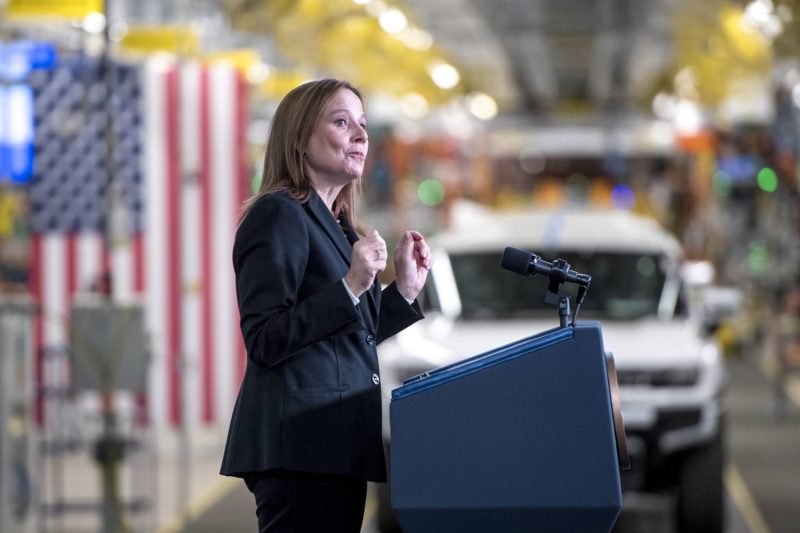The joint venture between General Motors (GM) and Controlled Thermal Resources (CTR) to mine essential raw materials for electric vehicle (EV) batteries in the United States signifies a major milestone in the shift towards sustainable transportation. With an investment of $625 million, this collaboration aims to secure a domestic supply chain for critical materials, reduce reliance on imports, and bolster the production of EVs in the country.
### Significance of the Joint Venture
GM’s decision to invest in a joint venture for mining EV battery raw materials underscores the automotive giant’s commitment to sustainability and innovation. By partnering with CTR, a leader in sustainable lithium production, GM is taking proactive steps to ensure a stable and environmentally responsible supply chain for its electric vehicles.
### Domestic Supply Chain Strengthening
The joint venture’s focus on mining essential materials within the United States has strategic implications for GM and the broader EV industry. By establishing a domestic supply chain for crucial raw materials like lithium, nickel, cobalt, and manganese, GM can reduce supply chain vulnerabilities, mitigate geopolitical risks, and enhance the resilience of its EV production.
### Environmental Sustainability
In addition to securing a reliable supply chain, the GM-CTR joint venture is aligned with the goal of enhancing environmental sustainability in the manufacturing of EV batteries. CTR’s expertise in sustainable lithium extraction methods, notably through geothermal energy utilization, can help reduce the carbon footprint of the raw material extraction process and promote renewable energy integration in EV battery production.
### Technological Innovation and Competitiveness
The partnership between GM and CTR is not only about securing raw materials but also about fostering technological innovation and enhancing competitiveness in the EV market. By investing in cutting-edge mining technologies and sustainable practices, GM can position itself as a leader in environmentally conscious EV manufacturing, attracting environmentally-conscious consumers and gaining a competitive edge in the rapidly evolving automotive landscape.
### Job Creation and Economic Growth
Beyond its environmental and technological implications, the GM-CTR joint venture has the potential to spur job creation and economic growth in regions where the mining operations are planned. The establishment of a localized supply chain for EV battery raw materials can create employment opportunities, stimulate local economies, and contribute to the development of a sustainable industrial ecosystem in the United States.
### Conclusion
The partnership between GM and CTR to invest in a joint venture for mining EV battery raw materials represents a significant step towards strengthening the domestic supply chain, enhancing environmental sustainability, fostering technological innovation, and driving economic growth in the EV sector. By prioritizing sustainability and innovation in its strategic initiatives, GM is not only shaping the future of mobility but also setting new standards for responsible corporate practices in the automotive industry.

